Fake news and its potential threat to agriculture in Ireland must be challenged by the farming industry at large, delegates at last week’s Nuffield Ireland networking event were told.
Fake news was described by speakers at the event as the deliberate attack by anti-farming groups, unverified information presented as fact, sensational headlines and the over-amplification of risk.
Attacks
Amii McKeever, Nuffield director, said agriculture tends to get attacked on three fronts – animal welfare, environmental impact and health.
The growing problem of fake news is driven by the ease of access to information, much of it unverified, New Zealand environmental manager Kate Scott maintained.
She added that the issue of poor treatment of bobby calves in New Zealand, highlighted by covert footage from animal rights groups, was not reflective of the industry at large.
Professor Pat Wall, associate professor of public health at UCD, warned that animal management practices on farms can be viewed in a completely different light by people outside farming.
He quoted Caesarean sections in Belgian Blue cows, the lifting of downer cows using a tractor and front-end loader and the regular use of calving jacks on farms.
“I brought a group of students to a farm and it happened that a cow was calving and the jack was used. The students thought it was savage,” said Prof Wall.
“What we think is normal in farming is not seen as that by others.”
Prof Wall added that farming stakeholders need to speak up in support of their industry.
“There’s a war going on out there,” he said.
His point was echoed by National Dairy Council chief executive Zoe Kavanagh and Conor Mulvihill from Dairy Industry Ireland.
Kavanagh said the fragmented agriculture industry needs to engage more with media to challenge the anti-farming movement.
“Minority groups get a lot of airtime because it’s trendy to be the challenger,” said Kavanagh.
“There are plenty of correspondents writing who have never been on a farm. We need, as an industry, to manage and educate people so that a minority with very extreme views does not drive policy,” added Kavanagh.
Also speaking from the floor was farmer and 2008 Nuffield scholar Kevin Commins who outlined the pressure on school children due to social media.
“The stuff about farmers taking calves away from their mothers and the linking of AI and rape has changed the mood in the classroom,” he said.
Read more
Animal-centred welfare scheme needed
Attack of the vegans on the dairy industry
Fake news and its potential threat to agriculture in Ireland must be challenged by the farming industry at large, delegates at last week’s Nuffield Ireland networking event were told.
Fake news was described by speakers at the event as the deliberate attack by anti-farming groups, unverified information presented as fact, sensational headlines and the over-amplification of risk.
Attacks
Amii McKeever, Nuffield director, said agriculture tends to get attacked on three fronts – animal welfare, environmental impact and health.
The growing problem of fake news is driven by the ease of access to information, much of it unverified, New Zealand environmental manager Kate Scott maintained.
She added that the issue of poor treatment of bobby calves in New Zealand, highlighted by covert footage from animal rights groups, was not reflective of the industry at large.
Professor Pat Wall, associate professor of public health at UCD, warned that animal management practices on farms can be viewed in a completely different light by people outside farming.
He quoted Caesarean sections in Belgian Blue cows, the lifting of downer cows using a tractor and front-end loader and the regular use of calving jacks on farms.
“I brought a group of students to a farm and it happened that a cow was calving and the jack was used. The students thought it was savage,” said Prof Wall.
“What we think is normal in farming is not seen as that by others.”
Prof Wall added that farming stakeholders need to speak up in support of their industry.
“There’s a war going on out there,” he said.
His point was echoed by National Dairy Council chief executive Zoe Kavanagh and Conor Mulvihill from Dairy Industry Ireland.
Kavanagh said the fragmented agriculture industry needs to engage more with media to challenge the anti-farming movement.
“Minority groups get a lot of airtime because it’s trendy to be the challenger,” said Kavanagh.
“There are plenty of correspondents writing who have never been on a farm. We need, as an industry, to manage and educate people so that a minority with very extreme views does not drive policy,” added Kavanagh.
Also speaking from the floor was farmer and 2008 Nuffield scholar Kevin Commins who outlined the pressure on school children due to social media.
“The stuff about farmers taking calves away from their mothers and the linking of AI and rape has changed the mood in the classroom,” he said.
Read more
Animal-centred welfare scheme needed
Attack of the vegans on the dairy industry




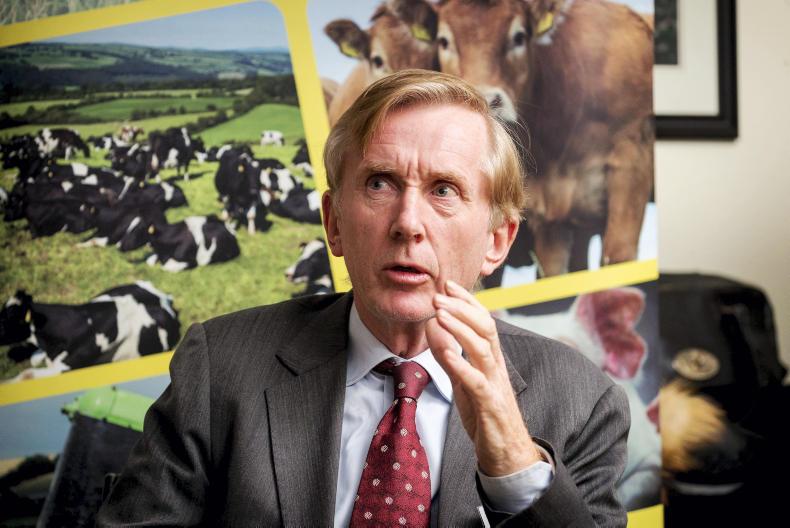
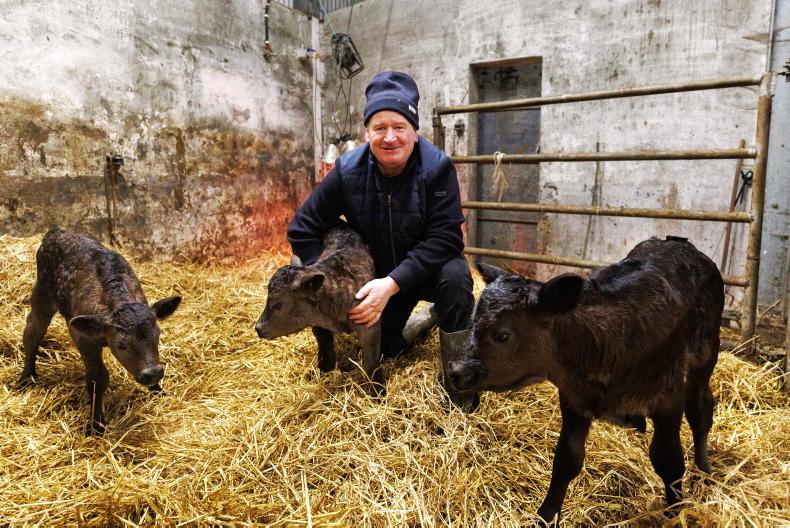

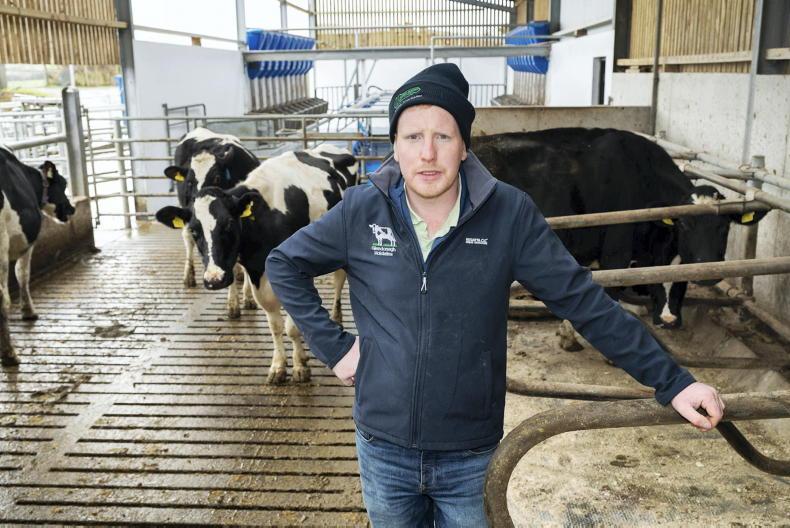
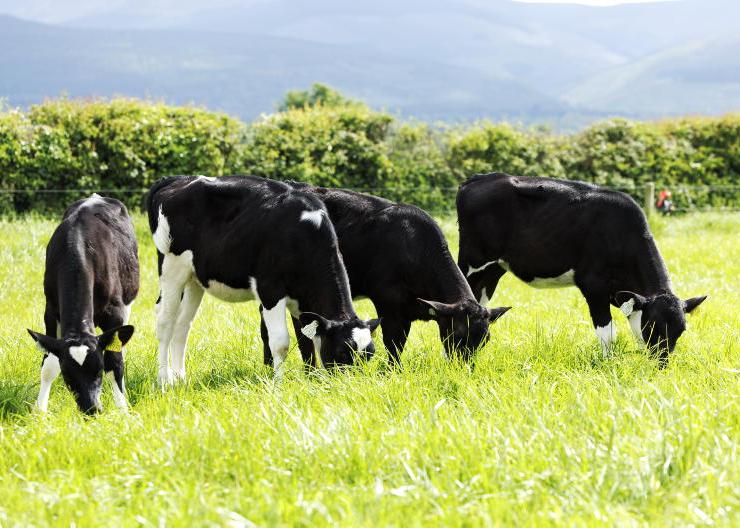
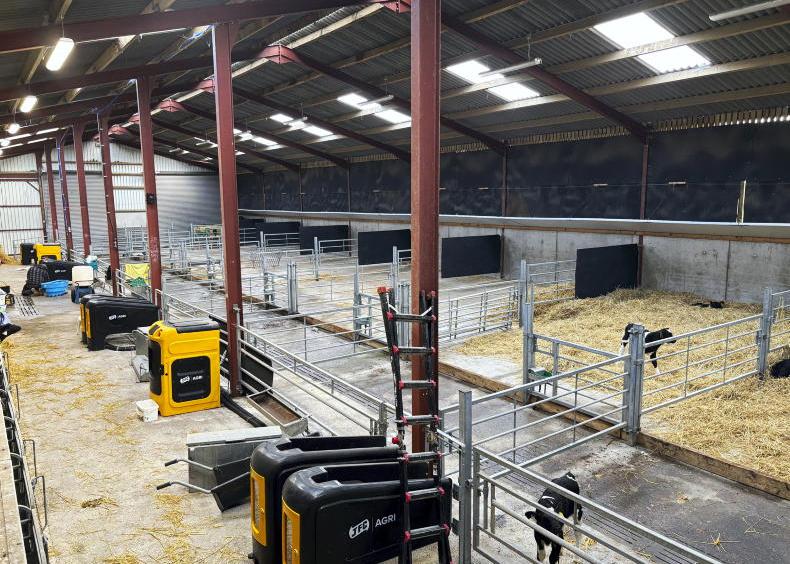
SHARING OPTIONS